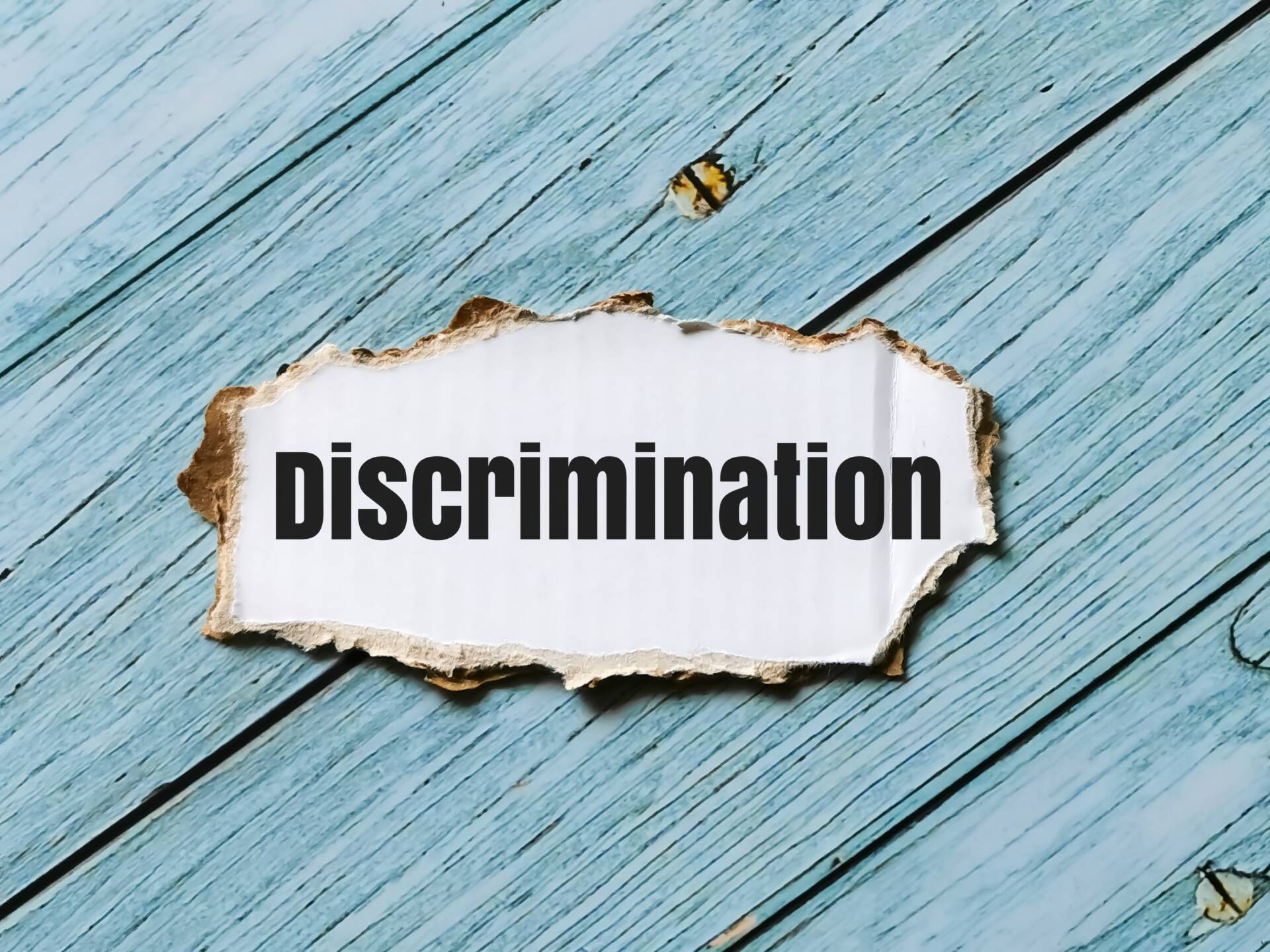On February 7, 2022, plaintiff A.J. began working as a graphic designer at JSC ABK on a two-week probationary period. The parties verbally agreed that after this period, the company would inform A.J. whether they would be employed permanently. However, after the probation period ended, the employer did not formalize A.J.’s employment contract in writing.
A written employment contract between A.J. and JSC ABK, dated March 1, 2022, was only signed on April 15, following an incident on April 9, when A.J. was sexually harassed by G.M., the spouse of a member of JSC ABK’s supervisory board. The events unfolded as follows: On April 9, 2022, after a company-organized party, A.J. was returning to a hotel in Telavi in a taxi called by the company’s director. The taxi carried the director, two female employees, one male employee, and G.M. During the ride, G.M. touched A.J. in intimate areas and placed her on his lap without her consent.
Upon returning to the hotel, after managing to somewhat recover from the shock, N.S., N.K., and A.J. informed the director about what had happened.
Just a few days after this incident, written employment contracts were signed with A.J. and the two female witnesses—N.K. and A.J. on a probationary basis. Before A.J.’s employment was terminated, N.S. was also dismissed, and N.K. left the company voluntarily a few months later.
On May 31, 2022, JSC ABK’s director verbally informed A.J. that although they were satisfied with her work and had no complaints, her contract would be terminated on June 1 due to the expiration of the probationary period. The company also cited financial difficulties, stating that they could not afford to pay the salaries of both a new graphic designer and A.J.
On June 23, 2022, A.J. discovered that JSC ABK had hired two new graphic designers after her dismissal. This strengthened her suspicion that her termination was not actually due to the expiration of the probationary period but rather was a consequence of her speaking out about the April 9 sexual harassment incident, making her an undesirable employee. A.J. shared a post about this on social media, prompting a form of retaliation from the company, which threatened her by claiming that there had only been an internship agreement between them. The company also stated that her dismissal was unrelated to sexual harassment and accused her of defamation, warning of legal action—though no lawsuit was ever filed.
A.J. joined Labors and, with their assistance, filed a lawsuit in court.
In court, witness N.S. confirmed that G.M. had placed A.J. on his lap without her consent. N.S. also testified that G.M. had told A.J. that he had treated her “as a friend” and that such behavior was common in his social circle. Additionally, A.J.’s psychotherapist testified, explaining that she had sought therapy to cope with the stress caused by the incident. Throughout the trial, the defendants attempted to discredit the victim, alleging that she was pursuing the case for financial gain or revenge.
On March 31, 2023, Tbilisi City Court partially upheld A.J.’s claim, ruling that G.M. had sexually harassed her. As a result, G.M. was ordered to pay 450 GEL in material damages and 3,000 GEL in moral damages. Notably, G.M. was engaged in pedagogical work.
Furthermore, the court ruled that A.J.’s dismissal by JSC ABK was unlawful and ordered the company to pay her forced unpaid wages of 1,000 GEL per month from the date of dismissal until the execution of the decision, which currently amounts to 33,000 GEL. However, the court deemed reinstatement inappropriate due to the sexual harassment incident and instead awarded A.J. an additional 3,000 GEL in compensation. Nevertheless, the court did not recognize a discriminatory motive behind A.J.’s dismissal.
A.J. appealed the decision, but the appellate court upheld the initial ruling. She then took the case to the Supreme Court, which sided with A.J. and identified a discriminatory motive in her dismissal. In its ruling on February 14, 2025, the Supreme Court overturned the lower courts’ decisions on this matter and sent the case back to the appellate court for reconsideration.
Although A.J.’s legal battle has been long and is still ongoing, her determination demonstrates that fighting for justice is always worthwhile. Labors urges all potential victims of discrimination and harassment not to remain silent, to speak out, and to fight for their rights!
A.J. is represented in court by Labors’ lawyer, Tamila Gabaidze.
